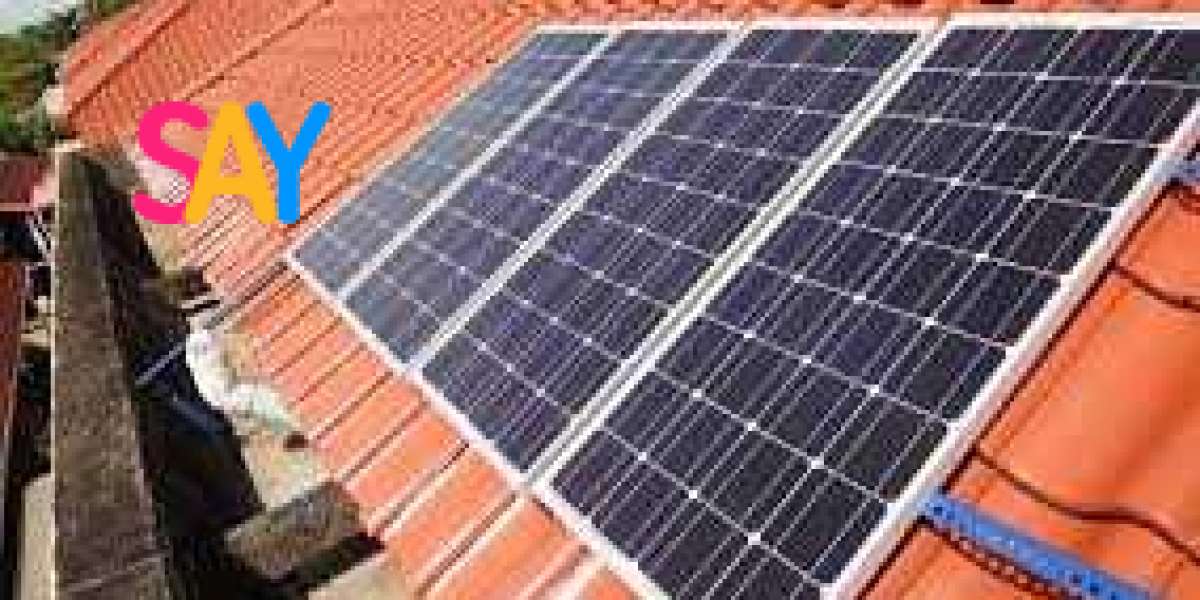1. Dead or Corroded Batteries
Solar light batteries have an average lifespan of two to three years. However, various factors such as usage frequency, environmental conditions, and battery quality can affect their longevity. When the battery nears the end of its lifespan, it becomes less efficient and may have a reduced runtime. This can cause the solar light to turn on for a shorter duration or not at all. Replacing the battery is the best solution to ensure optimal performance.
Read more: How to Quickly Turn an Old Lamp or Candlestick Holder into a Solar Lamp
2. Faulty Sensor
The sensor, also known as the photocell, plays a crucial role in solar lights. It detects changes in light levels and triggers the light to turn on at night. However, a dirty, damaged, or malfunctioning sensor can affect the light's performance. A dirty photocell may not detect light changes accurately, leading to unreliable performance. Cleaning the sensor periodically with a soft cloth and checking for any visible damage can help maintain its functionality.
3. Accidental Time Setting Changes
The temporal settings of solar lights can sometimes be accidentally changed, disrupting the device's programming. This can result in erratic behavior and compromised functionality. Restoring the time settings to their original state is necessary to ensure proper functioning.
Read more: How to Clean Solar Panels on Garden Lights
4. Damages from Extreme Weather Conditions
Harsh weather conditions can cause significant damage to solar lights, rendering them useless. Wiring, sockets, and bulbs may be affected, making repairs difficult or impossible. To prevent such damage, it's essential to choose durable and weather-resistant lights. Additionally, taking precautions during extreme weather events can help protect your solar lights.
5. Blocked Solar Panels
Shade and dirt on solar panels can hinder their ability to charge the batteries fully. Positioning the solar lights in an area that receives ample sunlight is crucial for optimal performance. Regularly cleaning the solar panels with a soft cloth or sponge and water can also help maintain their efficiency. It's important to note that solar lights may not charge fully during the winter months due to reduced sunlight, but they can still be used with appropriate expectations.
Read more: How to Update RV Interior Lighting
6. Faulty or Depleted Bulbs
Solar light bulbs may experience technical issues or faults over time. Depleted battery life or low exposure to sunlight can cause bulb failure. Replacing the battery or choosing high-quality bulbs can resolve this issue. Environmental factors like extreme temperatures, moisture, and physical damage can also impact bulb performance and lifespan.
In conclusion, understanding the common reasons why solar lights stop working can help you troubleshoot and resolve the issues effectively. By addressing dead or corroded batteries, faulty sensors, accidental time setting changes, damages from extreme weather conditions, blocked solar panels, and faulty bulbs, you can ensure that your solar lights continue to provide reliable illumination. At SRESKY, we are committed to customer satisfaction and offer professional sourcing solutions for any lighting system issues you may encounter. Contact our product managers for expert assistance and get the best results out of your solar lights!
Read more: Hourglass Ambient Lighting Palette review
Frequently Asked Questions
Q: How long do solar light batteries last?
A: On average, solar light batteries have a lifespan of two to three years. However, this can vary depending on usage frequency, environmental conditions, and battery quality.
Q: How do I clean the sensor on my solar lights?
A: To clean the sensor, use a soft cloth to remove any dust or debris that may have accumulated. Ensure that the sensor is free from cracks or discoloration, as these can affect its performance.
Q: Can solar lights be used during the winter?
A: Yes, solar lights can be used during the winter. However, it's important to manage expectations as they may not charge to full capacity due to reduced sunlight.
Q: What should I do if my solar light bulbs are not working?
A: If your solar light bulbs are not working, try replacing the battery or choosing high-quality bulbs. Additionally, ensure that the bulbs are free from cracks, breaks, or other defects caused by environmental factors or accidental damage.
Q: How can I prevent damage to my solar lights during extreme weather conditions?
A: To prevent damage during extreme weather conditions, choose durable and weather-resistant solar lights. Taking precautions such as removing lights during severe storms or securing them in place can also help protect them from damage.
Follow for more: LYNN DELAGARZA




